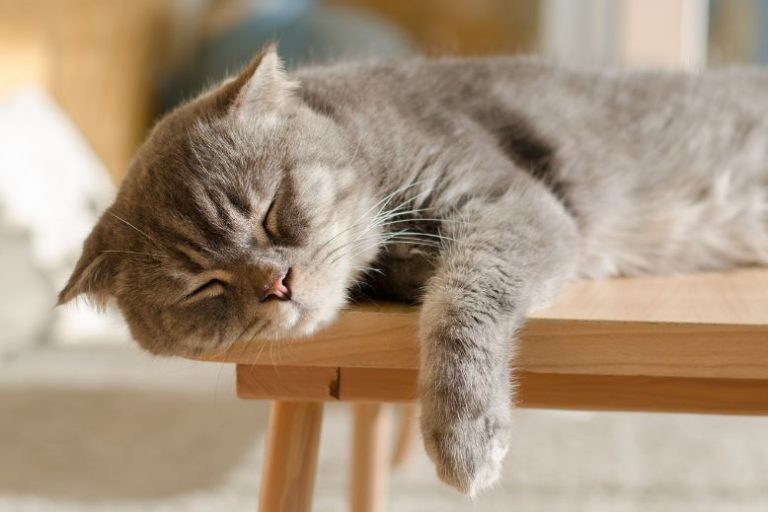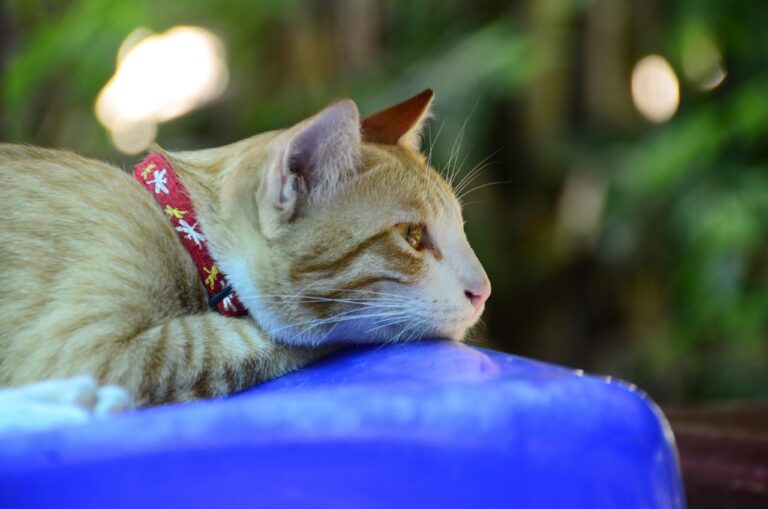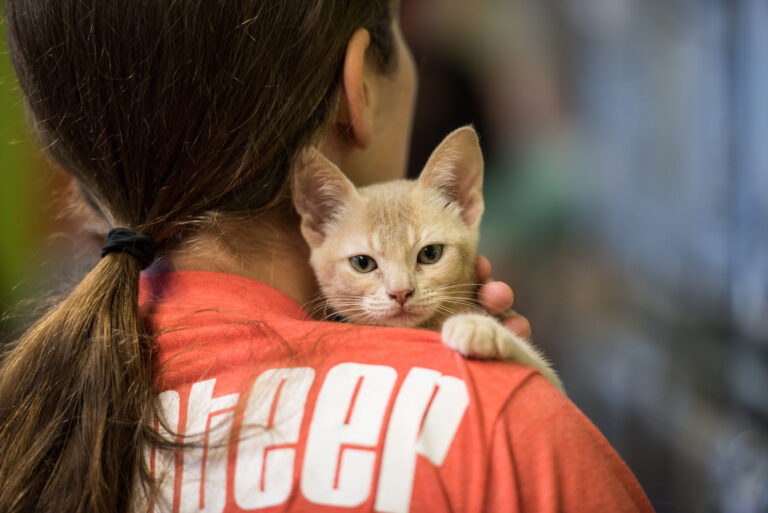If your cat spends the night racing around the house, knocking things over, or meowing for attention, you’re not alone. Many cat owners struggle with their feline’s nighttime activity, wondering why their pet seems full of energy when the rest of the household is asleep. Understanding your cat’s sleep patterns can help manage their nocturnal behavior and establish a routine that benefits both of you.
Table of Contents
Are Cats Nocturnal or Crepuscular?
While many people believe cats are nocturnal, they are actually crepuscular, meaning they are most active during dawn and dusk. This behavior stems from their wild ancestors, who hunted during these low-light hours when prey like rodents and birds were most active. Even domesticated cats retain this instinctual activity cycle, which explains why they tend to nap during the day and suddenly become energetic in the early morning or late evening.
How Much Do Cats Sleep?
Cats are known for their ability to sleep for long periods—averaging 12 to 16 hours a day. Kittens, senior cats, and larger breeds may sleep even more. Their sleep cycles are different from humans, consisting of shorter, lighter sleep periods that allow them to wake up quickly if needed. This explains why your cat can seem to go from deep sleep to an energetic sprint in seconds.
Why Is Your Cat More Active at Night?
Several factors contribute to a cat’s increased nighttime activity, including:
- Instinctual Hunting Drive – Even indoor cats retain their hunting instincts, making them more active when they would naturally hunt in the wild.
- Boredom and Lack of Stimulation – If your cat sleeps all day, they may have excess energy at night. A lack of mental and physical activity during the day can contribute to late-night restlessness.
- Hunger or Mealtime Routine – Cats that are used to eating early in the morning may wake up and demand food.
- Attention-Seeking Behavior – Some cats become more vocal or playful at night if they feel they didn’t get enough interaction during the day.
- Unregulated Sleep Schedule – A cat left to sleep uninterrupted all day will naturally become more active when the household settles down for the night.
How to Manage Your Cat’s Nighttime Energy
If your cat’s nighttime habits are disrupting your sleep, here are some ways to adjust their routine and encourage them to rest during the night.
Increase Daytime Play and Exercise
A tired cat is more likely to sleep at night. Engage your cat in interactive play sessions during the day, especially in the evening. Wand toys, laser pointers, and puzzle toys can help burn off excess energy. Play for at least 15-30 minutes before bedtime to encourage a restful night.
Stick to a Consistent Feeding Schedule
Adjusting your cat’s mealtime can help regulate their activity levels. Try:
- Feeding a larger meal before bedtime to keep them full overnight.
- Avoiding early morning feedings to prevent them from waking up for food.
- Using an automatic feeder to distribute small meals throughout the night if they wake up hungry.
Create a Comfortable Sleep Environment
Cats prefer warm, cozy sleeping spots. Provide a comfortable bed in a quiet, dark area where they can rest undisturbed. If your cat tends to wake you up, consider placing their bed in another room.
Avoid Encouraging Nighttime Play
If your cat wakes you up looking for attention, avoid engaging with them. Responding with play or food reinforces the behavior. Instead, ignore their demands, and they will eventually learn that nighttime is for resting.
Provide Environmental Enrichment
Mental stimulation throughout the day can reduce nighttime energy spikes. Some ways to keep your cat engaged include:
- Rotating toys to keep their interest.
- Providing climbing structures like cat trees or shelves.
- Allowing them to watch “cat TV” videos of birds or fish.
- Placing a bird feeder outside a window to give them something to watch during the day.
Consider a Second Cat
If your cat seems lonely or craves constant attention, they might benefit from a feline companion. A second cat can provide a playmate and help burn off energy. However, introducing a new cat should be done carefully to ensure compatibility.
When to Be Concerned
While nighttime activity is normal, sudden changes in behavior could indicate an underlying issue. If your cat is unusually restless, vocalizing excessively, or showing signs of distress, consult a veterinarian. Possible medical causes include:
- Hyperthyroidism – Common in older cats, leading to increased energy and appetite.
- Pain or Discomfort – Arthritis, dental problems, or digestive issues can cause restlessness.
- Cognitive Dysfunction Syndrome (CDS) – In senior cats, cognitive decline can disrupt sleep patterns.
In Conclusion

Understanding your cat’s sleep cycle can help you manage their nighttime activity and improve both their rest and yours. Since cats are naturally crepuscular, they may always have bursts of energy in the early morning and evening. However, by increasing daytime play, adjusting feeding schedules, creating a sleep-friendly environment, and maintaining a consistent routine, you can help encourage your cat to settle down at night.
With a little patience and effort, you can find a balance that allows your cat to enjoy their natural instincts while ensuring you get the restful sleep you need.







